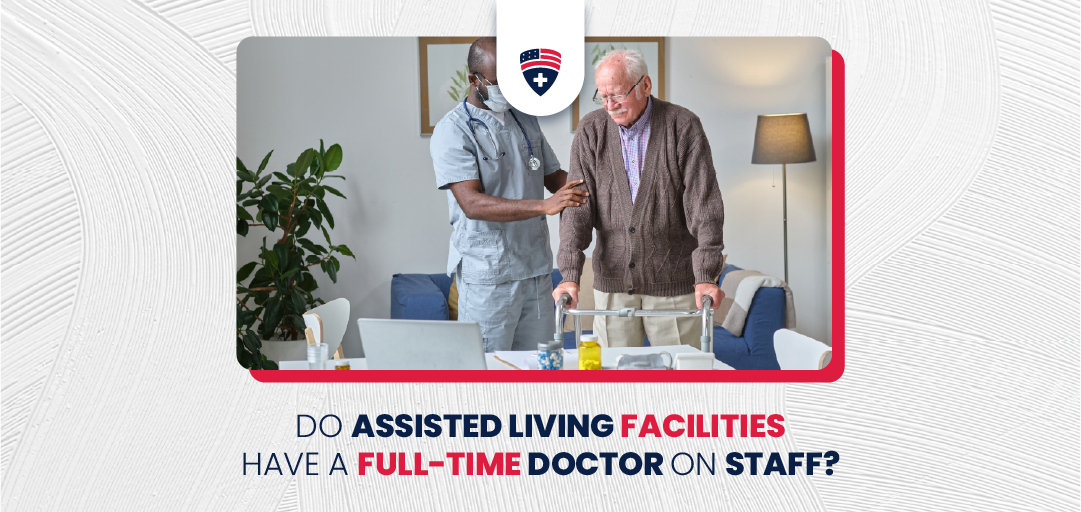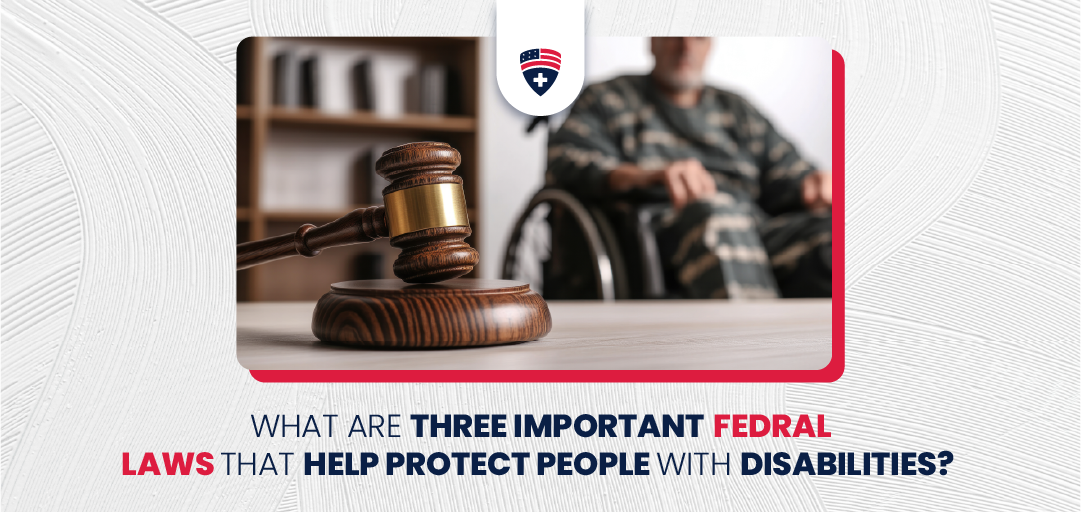
What is Age Specific Competency and What You Need to Know?
Are you curious about age specific competency and its impact? Exploring this important factor can help improve care for patients of all ages.
We want to figure out what age specific competency means and why it is important in healthcare.
When it comes to healthcare, there is no such thing as a one-size-fits-all solution; therefore, having an understanding of age-specific competencies is necessary. It helps healthcare professionals meet age-specific needs.
In this situation, providers need training to upgrade their skills and knowledge. American Healthcare Compliance offers age-specific competencies and patient rights training for healthcare providers, focusing on effective patient care and communication across all ages.
In the end, check your knowledge and take an assessment with age-specific competency quiz answers
What is Age Specific Competency?

Age specific competency in healthcare is the knowledge, skills, and understanding needed to provide effective care to different age groups.
It involves having an in-depth understanding of the physiological, psychological, and social aspects that change at various stages of life.
In order to provide safe, efficient, and appropriate care, clear communication is necessary.
Why are Age Specific Competencies Important?
Age-specific competencies are fundamental in healthcare, encompassing critical aspects across diverse domains. Regardless of the age group, certain assessments remain imperative. These assessments help in giving care to specific age groups, ensuring precise and effective practices.
A lot of the time, healthcare professionals use age groups as a framework for their care. It lets them manage and treat patients in more targeted and specialized ways. These competencies help in delivering comprehensive and specialized care to patients of varying age groups, ensuring their unique needs are met with precision and sensitivity.
These age groups are used for practice care:
Pediatric Care: Competencies in pediatric care revolve around understanding child growth and development, immunizations, nutrition, and communicating effectively with both children and their parents or guardians.
Adult Care: This entails competencies in managing chronic conditions prevalent in adults, addressing lifestyle-related concerns, preventive care, and promoting overall wellness.
Geriatric Care: This competency involves managing age-related illnesses, understanding the complexities of aging, medication management, and providing support for quality of life to elders.
It is important to remember the specific needs of each of these groups of patients when giving them the best care and treatment possible.
Here’s a look at how AHC’s courses help you educate yourself to understand age-specific competencies. Visit our courses library
Do enroll yourself in Age-Specific Competencies and Patient Rights Training
What Should You Assess Regardless of Age Group

Regardless of the age group, certain assessments remain crucial:
Let’s get on with it:
Vital signs: Monitoring heart rate, blood pressure, temperature, and respiratory rate.
Pain assessment: Evaluating and addressing pain levels and management strategies.
Health history: Gathering comprehensive information about medical history and current health concerns.
Functional abilities: Assessing activities of daily living and mobility status.
These assessments provide a foundational understanding of an individual’s health, regardless of their age group, enabling tailored and effective care.
Age Specific Care and Appropriate Age Groups
Match the age-specific care with the appropriate age group is pivotal.
- Pediatric Care: Tailored for infants to adolescents, focusing on growth, development, and pediatric-specific illnesses.
- Adult Care: Catered to individuals in their prime years, typically ranging from late teens to the senior adult phase.
- Geriatric Care: Specialized care designed for the elderly population, usually aged 65 and above, addressing age-related conditions and concerns.
| Newborn (0 to 1) | Provide age-appropriate toys, support the child’s development of trusting relationships, involve the child in care to allow a sense of personal control |
| Toddler (1 to 3) | Encourage use of child restraint seats in motor vehicles, promote parents’ ongoing participation with healthcare team to manage any complications, address the emotional needs of both the child and family to develop trust |
| Preschool (3 to 5) | Encourage parents’ ongoing participation with healthcare team to manage any complications, address the emotional needs of both the child and family to develop trust, consider cultural differences in care expectations |
| School age (6 to 12) | Recognize age-appropriate treatment, communicate with young patients, recognize the importance of parental involvement in patient treatment |
| Adolescent (13 to 18) | Recognize the importance of privacy and confidentiality, address the emotional needs of the patient, recognize the importance of parental involvement in patient treatment |
| Adult (19 to 65) | Consider a patient’s lifestyle and age when devising a treatment plan, recognize the importance of open communication, address the emotional needs of the patient |
| Elderly (over 65) | Recognize the importance of patient safety, address the physical and emotional changes that occur with aging, recognize the importance of open communication |
Why is a one-on-one session important?
One-on-one sessions with a healthcare provider are necessary in order to provide individualized care for age-specific competencies.
This approach ensures personalized attention, allowing providers to address specific health concerns, offer individualized guidance, and build trust with patients across different age groups.
What challenges do healthcare providers face in managing age-specific competencies?

Healthcare providers encounter challenges managing age-specific competencies, including:
- Individualized Care: Tailoring care to diverse age groups demands a deep understanding of specific needs and adaptable care practices.
- Training: It can be hard to make sure that all of the staff has the training they need to meet the needs of patients of all ages.
- Regulatory Compliance: Meeting standards set by regulatory bodies necessitates ongoing validation of staff competencies across age groups.
- Communication: It is important to be able to adapt your communication styles to deal with the different emotional and developmental needs of different age groups, but it can be hard.
- Safety Concerns: Ensuring safety across age groups involves recognizing and responding to age-specific safety needs, posing challenges for healthcare providers.
Conclusion
Age-specific competency allow healthcare providers to provide effective care throughout life. They understand physiological, psychological, and social changes in each age group to provide accurate care. Healthcare professionals excel in pediatric, adult, and geriatric care, meeting diverse needs and improving care across life stages.
Check your knowledge here and attempt age-specific competency quiz answers.
FAQs
Q1: What are age-specific competencies in pediatrics?
Pediatric age-specific competencies include child growth, development, immunizations, nutrition, and parent-child communication. Healthcare providers can provide comprehensive and specialized care to children.
Q2: What are age-specific cultural competencies?
Understanding and respecting age-specific cultural beliefs, values, and practices is cultural competency. It ensures that healthcare providers treat patients culturally and according to their age and culture.
Q3: What are age-specific considerations?
Healthcare professionals consider age-specific factors when treating different age groups. These include developmental stages, health risks, illness susceptibility, mental and emotional needs, and age-appropriate treatment approaches.
Q4: What factors determine age?
The number of years a person has lived since birth is one of many factors that determine their age. In healthcare, age categorization often considers developmental stages, physiological changes, and social or cultural milestones specific to different periods of life.






